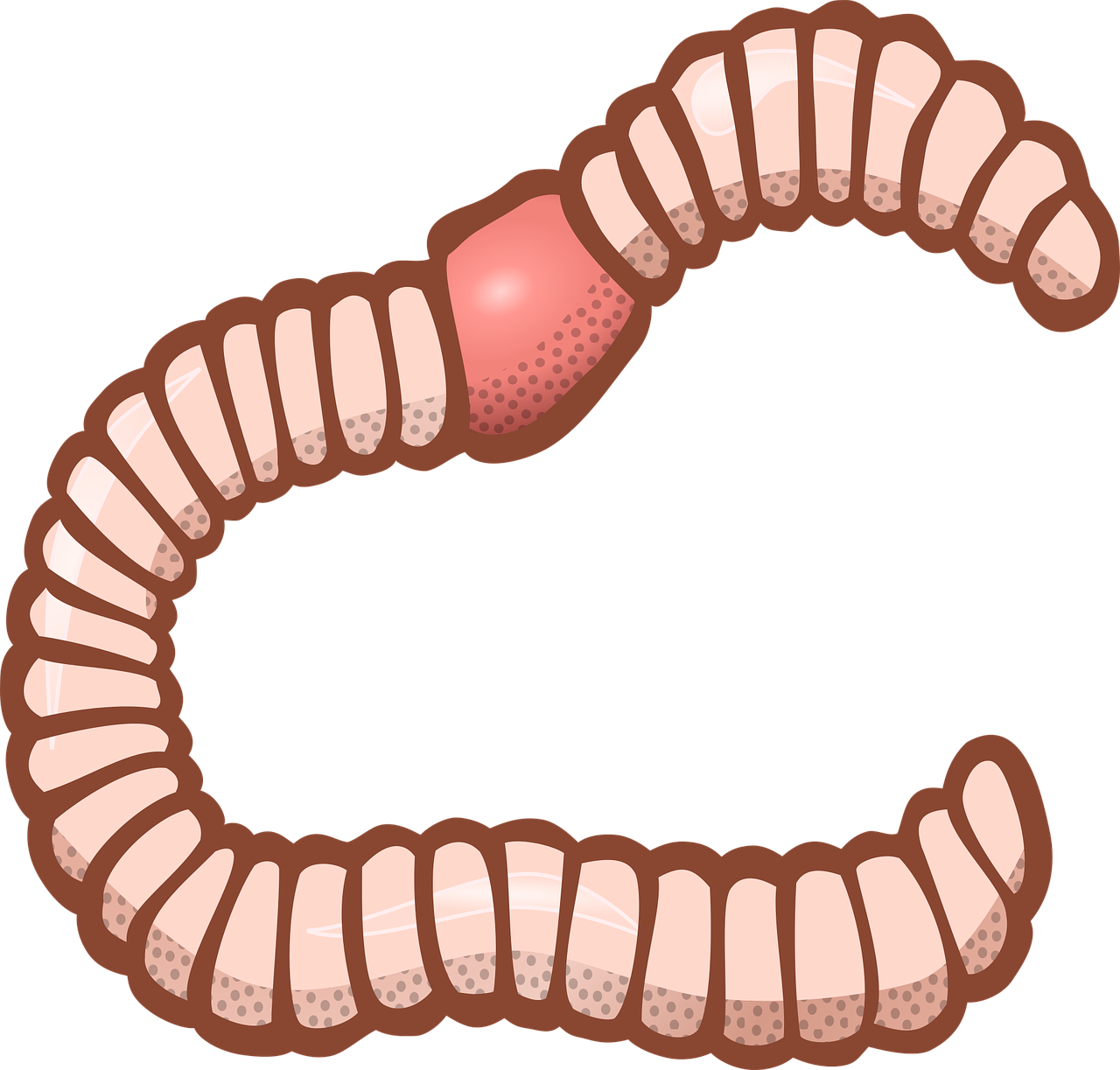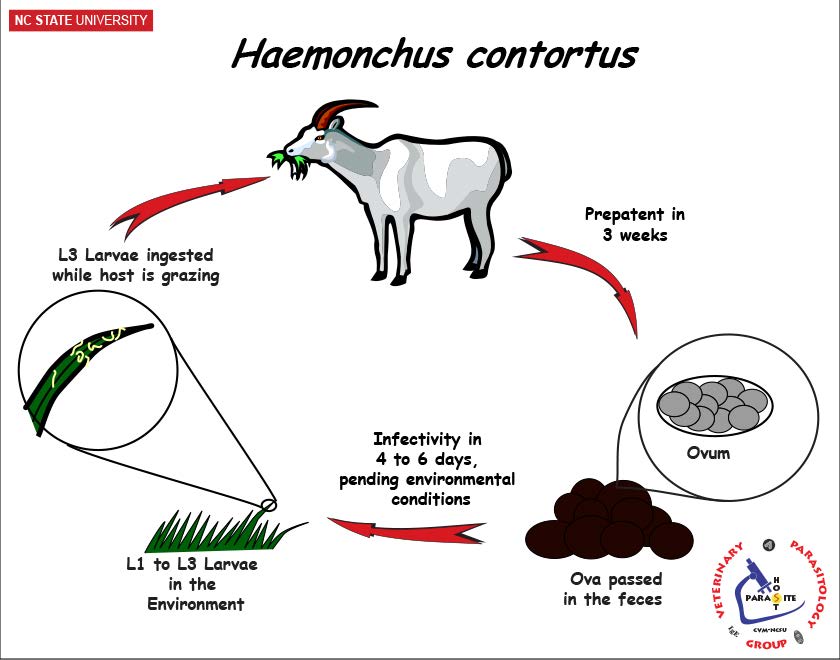Thursday, September 2, 2021 - “Hey, Doc! Waddya got for worms?” — or something similar, is often heard by large animal veterinarians. It usually indicates they have a parasite problem in one of their animals or in the whole herd. It is a simple  question, but one with a complex array of answers depending on host species, parasite species, whether the animals are being managed by organic or conventional practices, and many other variables.
question, but one with a complex array of answers depending on host species, parasite species, whether the animals are being managed by organic or conventional practices, and many other variables.
This is not an exhaustive discourse on parasitism in large animals but rather a brief exploration of some natural principles to help avoid parasite problems without resorting to toxic chemicals.
First of all, it is important to remember that parasites, bacteria, insects, and weeds are “censors of nature” whose function is to do away with sick or undernourished animals. For example, insects will seek out damaged or poor quality vegetation while animals will seek out and eat the most nutritious, highly mineralized, grain or forage they can find. In the same way, internal parasites are attracted to animals of sub-standard health. Thus, a malnourished or unhealthy animal is the ideal host for any lurking parasites. The two main things to consider here are a healthy gut with a good population of beneficial organisms and a balance of internal, cellular mineral.
Don’t overlook the role of genetic immunity in controlling parasites. Genetic resistance can be improved over time by selective culling of animals showing the greatest susceptibility to worms. It is interesting to note that healthy animals will often test positive for some intestinal worms. Low level infestation seems to be Nature’s way to provide a reservoir of antigens that stimulate immunity in the host.

Some environments are not conducive to raising livestock. Avoid wet, marshy areas. They are prime locations for exposure to worms and flukes — difficult to control under most circumstances. In any case it is advisable to correlate pasture occupancy with the life-cycle of the worm.
There are natural alternatives to chemical wormers available. These products do not kill parasites but act to make the intestinal environment unsuitable or uncomfortable for adult and juvenile parasites. Some items to look for:
- A broad spectrum, self-select individual mineral program.
- Probiotic and prebiotic sources of lactobacillus cultures.
- Chinese herbs - used as an aid to parasite control for over 2000 years.
- Bentonite, proven to condition the digestive tract, creating an environment that is not accommodating to parasites/worms.
- Diatomaceous Earth is a time-tested aid to parasite control.
- NOMS/IPR Pellets is a natural alternative to chemical worming for both equine and ruminants - Learn more here: https://www.abcplus.biz/Organic_Equine_NOMS.
